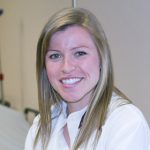Year graduated: 2012
Community: Shawanaga First Nation
Program: Medicine – Family Practice
Place of Practice: Vancouver (Unceded territory of Musqueam, Squamish and Tsleil-Waututh Nations) and Musqueam Nation
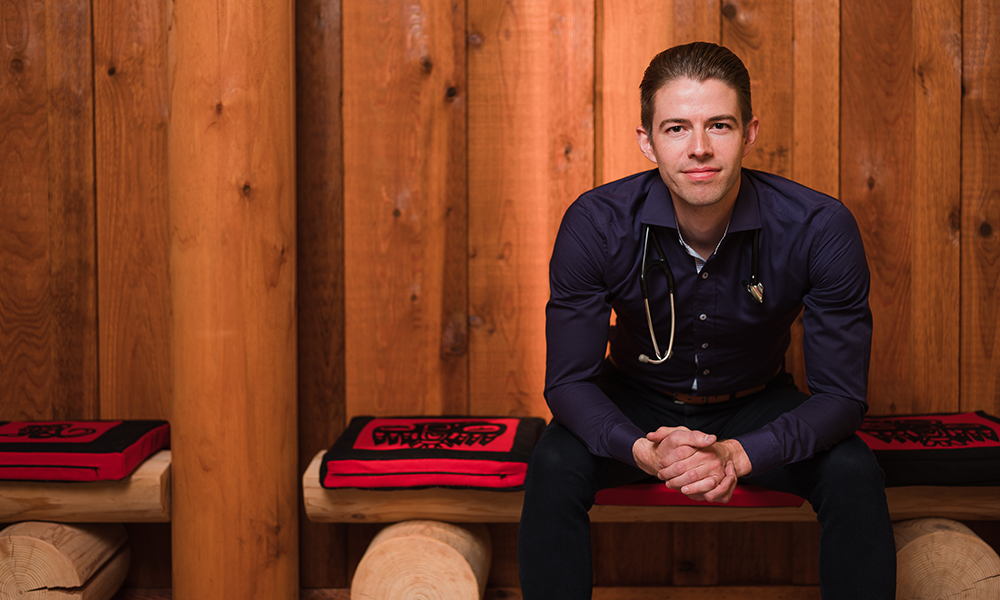
Describe what you do in two or three sentences.
I helped establish and now serve as medical director for Lu’ma Medical Centre, an innovative Indigenous primary care clinic located in unceded Musqueam, Squamish and Tsleil-Waututh territory (East Vancouver). Our centre integrates traditional Indigenous and Western medical approaches in a team-based practice model including Elders, traditional healers, counselors, social workers, nurses and physicians.
I am also a family physician at Musqueam Primary Care Clinic, a spokesperson for the First Nations and Aboriginal Primary Care Network and I have a clinical teaching role with UBC Medicine.
What led you to your current position?
I have Anishinaabe (Shawanaga First Nation) and mixed-European ancestry. I am keenly aware of the discrimination and poor care some of my family members have experienced in our medical system as Indigenous people – I am motivated to be part of the movement to transform and decolonize this system. The opportunity to partner on developing Lu’ma Medical was literally a dream realized for me. I’m gratified to see our centre making a difference in the lives of our patients and their families, and also influencing healthcare system change on a regional and provincial level.
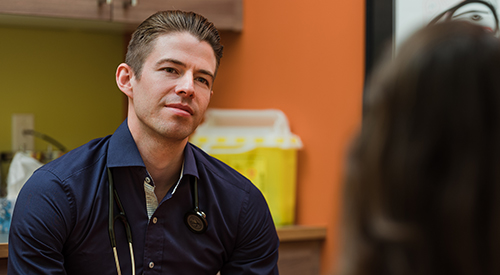
How did your experience with the Indigenous MD Admissions program shape your career?
I can’t speak highly enough of the Indigenous MD Admissions program and specifically the leadership of James Andrew (Indigenous Student Initiatives Manager). The program spanned my full four years of medical school at UBC and connected me to a community of Indigenous health providers that remain my mentors, colleagues and friends to this day.
Now five years into practice, I appreciate the collective strength of our network of Indigenous physicians. My fellow program graduates continue to motivate and inspire me – the community that formed from within the Indigenous MD Admissions program will continue to guide my career going forward.
What is your favourite memory from your time at UBC?
I have many, many happy memories from my time at UBC. But in terms of impact, I will share this one.
I remember attending a weekend gathering for Indigenous students in my third year after a particularly grueling stretch of my clerkship. I was thoroughly exhausted and frustrated, and thought twice about attending. I felt the uncomfortable reality that I was now being indoctrinated into a healthcare system that had brought pain and suffering to my family. As a clerk, I could see the patterns of discrimination now from the inside – the subtle ways that the hospital workplace culture further disadvantaged the most vulnerable patients.
“As a clerk, I could see the patterns of discrimination now from the inside – the subtle ways that the hospital workplace culture further disadvantaged the most vulnerable patients.”
It left me questioning if I was doing the right thing. But I heard stories from two speakers that weekend that helped restore my confidence in my journey as a medical student, and my dream of bringing our cultural knowledge and medicine into the clinical setting. Dr. Daniele Behn-Smith and Dr. Nadine Caron both shared the stories of their journeys to becoming physicians and I just remember feeling so uplifted and inspired by the end of that weekend. I took comfort in knowing that the trail was already being blazed, and there were other like-minded physicians to learn from. Their words helped me at a vulnerable and challenging time in my formative training, and I haven’t forgotten them.
What advice would you give to students considering the Indigenous MD program at UBC?
Remember your story – your life experiences that inspired you to pursue a career in medicine in the first place. Tell us that story in your interviews. Draw strength from your identity and believe this truth: the healthcare system desperately needs you.
“Draw strength from your identity and believe this truth: the healthcare system desperately needs you.”
As Indigenous healthcare providers, we are uniquely positioned to guide our Indigenous patients safely through a system that can, at times, be challenging and stigmatizing to navigate. We have the ability to walk in both worlds, with the cultural knowledge of our ancestors and the scientific knowledge of our medical training. Both can contribute to our work as doctors – they need not be in opposition.
What does it mean to you to be providing care for Indigenous peoples through your career?
Working in community with Indigenous families is very personal and gratifying work for me. It’s the only focus I’ve ever considered in my medical career. I feel privileged to be a part of my patients’ lives as their family doctor – I find these longitudinal relationships the most rewarding part of my job. Beyond my clinical work, I also feel a great responsibility with the platform that my current roles afford me, to advocate for change and transformation in our healthcare and education systems.
What does a healthy community look like to you?
That’s a small question that deserves a big answer. I’ll try to paint a picture of what I see as a healthy community. This is a place where families can live with security in their personal safety, with access to clean water, good food, quality housing, natural spaces, education, employment and safe healthcare. A healthy community has people of all ages living together, where Elders and youth have abundant time to spend together. A healthy community fosters access to social events, cultural gatherings, and spiritual exploration. A healthy community looks after its most vulnerable individuals and seeks to break down the power structures that disadvantage them.
I hope our little medical centre can play a small part in a larger movement towards this ideal state for urban Indigenous families in Vancouver.
Meet more of our alumni
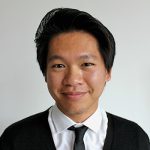
Jim Huang, MD ’15
Hospitalist in Kelowna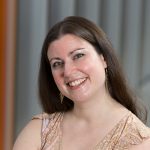
Catriona Hippman, MSc ’07
Genetic Counsellor in Vancouver